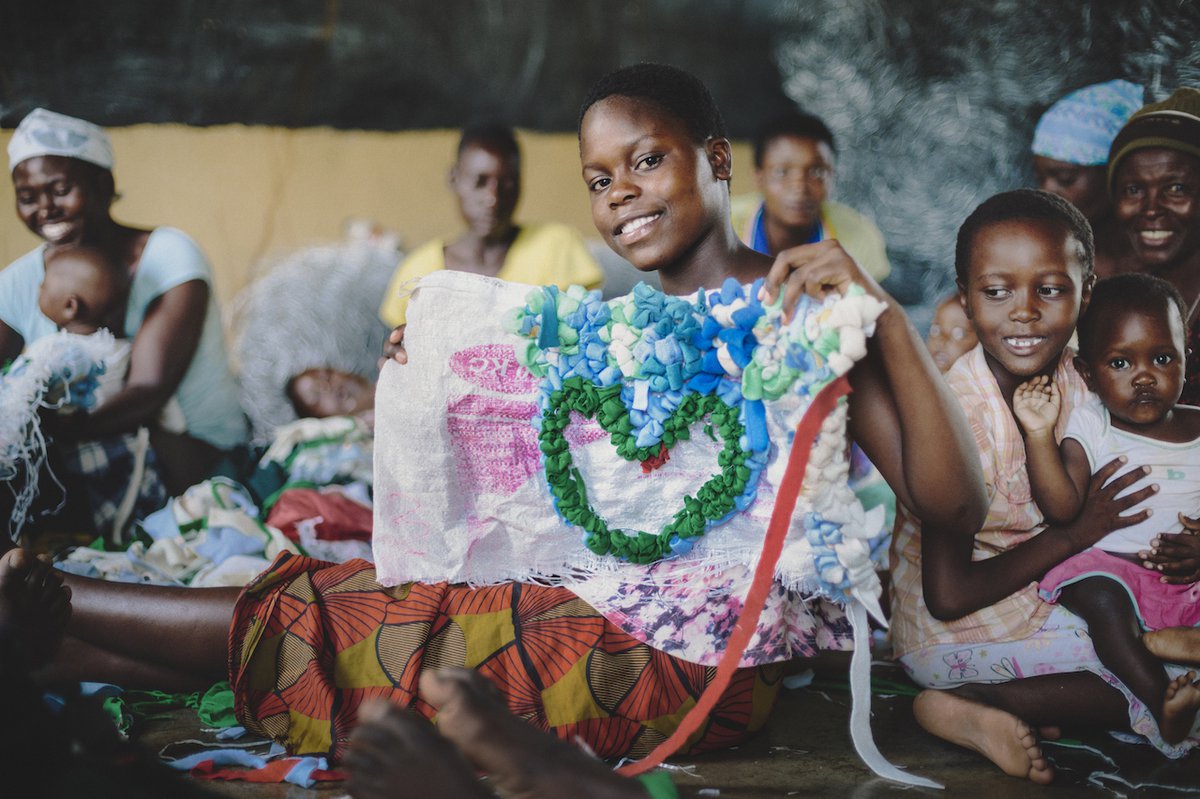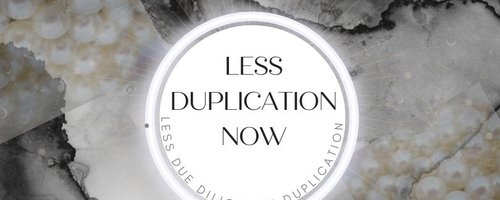Robust, reliable, covering significant aspects of donor requirements
"HQAI’s audit methodology is evidence-based and robust, providing solid and reliable data that covers significant aspects of the DD requirements of key donors."
June 2023
Earlier this year HQAI published a report on the CHS+ pilot project. To test the efficiency of its audits to inform the due diligence (DD) of key donors, HQAI and its donors conducted a pilot in Bangladesh which led to a proof of concept - HQAI´s rigorous and robust methodology allows CHS+ audits to meet key DD requirements of strategic donors (Luxembourg, FCDO, DANIDA and ECHO). This interview seeks to answer some of the important questions about the project, HQAI´s rationale and the way forward.
An interview with Marie Grasmuck, Supervisor auditor at HQAI.

What inspired the creation of the CHS+ pilot project?
HQAI was led by the realisation that due diligence processes are burdensome for organisations, especially local organisations. This is often expressed by staff members of audited organisations during interviews calling “repeated and rigid due diligence requirements as a barrier for local organisations”. With each donor implementing their own due diligences, organisations have to recurrently provide the same information for the same purpose to different donors. This leads to exhaustion of often lacking financial and human resources of organisations.
On the other hand, we were aware of the flexibility and adaptability of HQAI. It is highly replicable to DD assessments of key donors and covers key requirements. In addition, we were further motivated by the commitment of our key donors (Governments of Switzerland, UK and Germany) who wished to further the Grand Bargain agenda and make the CHS+ approach a priority by participating in this pilot project.
How does HQAI bridge its audit with DD requirements of donors?
HQAI created a bridge between its CHS audits and the due diligence requirements of key donors by analysing each commitment and requirement individually and classifying them as follows:
- Fully informed by the CHS audit: i.e., the CHS audit verifies the compliance with the DD requirement completely.
For instance, the CHS audit findings can directly confirm the DD on whether there is a Code of Conduct which is known by staff members and partners, and whether it includes PSEAH commitments. - Partially informed by the CHS audit: i.e., the information has been collected during the audit but requires further processing to conclude on the DD requirements.
For instance, the DD requires information on stock management. While the CHS audit does not directly cover stock management, the auditors have gathered documented and oral information on logistics procedures, to inform on the efficient management of resources and can easily retrieve this information to inform the DD requirement. - Not informed by the CHS audit: i.e., this information is not covered by the audit process and thus not gathered during CHS audit.
In this case, auditors can plan for additional activities to gather the information needed or donors can cover it themselves. HQAI seeks to conduct bilateral with donors and discuss in detail the possibility of passporting using the tools provided by the CHS+ audit. HQAI also wishes to pilot this mapping and confront it with reality for which it is ready to update its mapping, guidelines and training accordingly.

What was the pilot project in Bangladesh and what were its results?
Based on the results of the audit with ECHO, we initiated a pilot along with three of our core government donors, Denmark (Danida), the United Kingdom (FCDO) and Luxembourg (MFA). The pilot was meant to further test the effectiveness of CHS+ audits in providing sufficient quality assurance to donors to directly finance local/national NGOs (L/NNGOs). A national organisation - Friendship Bangladesh - was approached to participate in a CHS audit feeding into the pilot project. Through the pilot, we informed the due diligence of Danida, FCDO and the ECHO FPA (for the Luxembourg MFA). It also included a pilot of the UNICEF PSEAH assessment, at the request of FCDO. Each due diligence was reviewed by its respective donor, and the working group concluded to a success of the pilot as a proof of concept. Through our CHS audits, we could inform the DD requirements of the donors in the following sections:
- governance and internal quality control
- quality project management
- downstream delivery with implementing partners
- safeguarding, PSEAH, code of conduct
- complaint mechanism and do no harm
The donors also highlighted that HQAI’s audit methodology is evidence-based and robust, providing solid and reliable data that covers significant aspects of the DD requirements of key donors.

Does HQAI cover other requirements informed by the DD, such as finances and the risk analysis around contracting an organisation?
HQAI audits are risk-based audits and the non-conformities and observations recorded are indications of risks. In that sense, a donor could choose to fund a partner that has failed to be certified against the CHS, but there would be clear information of what are the risks (i.e., the non-conformities against the CHS) in doing so. The risk analysis regarding contracting an organisation rests with the donor, and this is where the + of the CHS+ comes in. While CHS audits provide a good view of many areas related to quality and accountability, only the donor can decide on what their risk appetite is, and if an organisation is a good fit to this appetite and its overall funding strategy.
In this regard, the learnings from the Danida, FCDO and Luxembourg experience really moved forward how the CHS+ audit could be used by donors in their vetting process:
- Some areas are successfully informed by the CHS audit (see above) and can be directly used by the donor to inform its knowledge of the organisation (passporting);
- Some areas are informed by the CHS but are more relevant to be verified by the donors. While the CHS audits do collect information on finances, it is not enough. Hence, this information from the CHS audits can be used preliminarily by the donor to inform its subsequent analysis in the area.
The donor has a good understanding of risks and can move forward with analysing what is fit with their risk appetite and assess willingness to pursue a collaboration with the organisation.
Since HQAI has a proof of concept now, what is the way forward?
We are now ready to provide tools for efficient passporting services to organisations and donors. Passporting continues to function across different due diligence assessments. It is evidenced to be integral for economies of scale, preservation of human resources and money but most importantly, it is an efficient mean for L/NNGO to get recognition and funding. We believe passporting can be operationalised using the CHS+ audit as well for the benefit of both the organisations and donors.
To continue working towards the objectives of the Grand Bargain, HQAI is planning a second auditing project by the end of the year, aimed at deepening bridging guidelines for complex organisations, such as federated INGOs. As a routine service, HQAI provides ECHO FPA bridging services to organisation wishing to use the results of their certification and verification audits to apply for ECHO funding.

Deduplication of Due Diligence Requirements
HQAI CHS audits are robust and cover significant aspects of donors' due diligence requirements.

Simplication. Deduplification. Harmonisation.
HQAI works with donors, governments, funding bodies and the CHS Alliance to achieve alignments of donor due diligence requirements using the CHS as reference.
Category